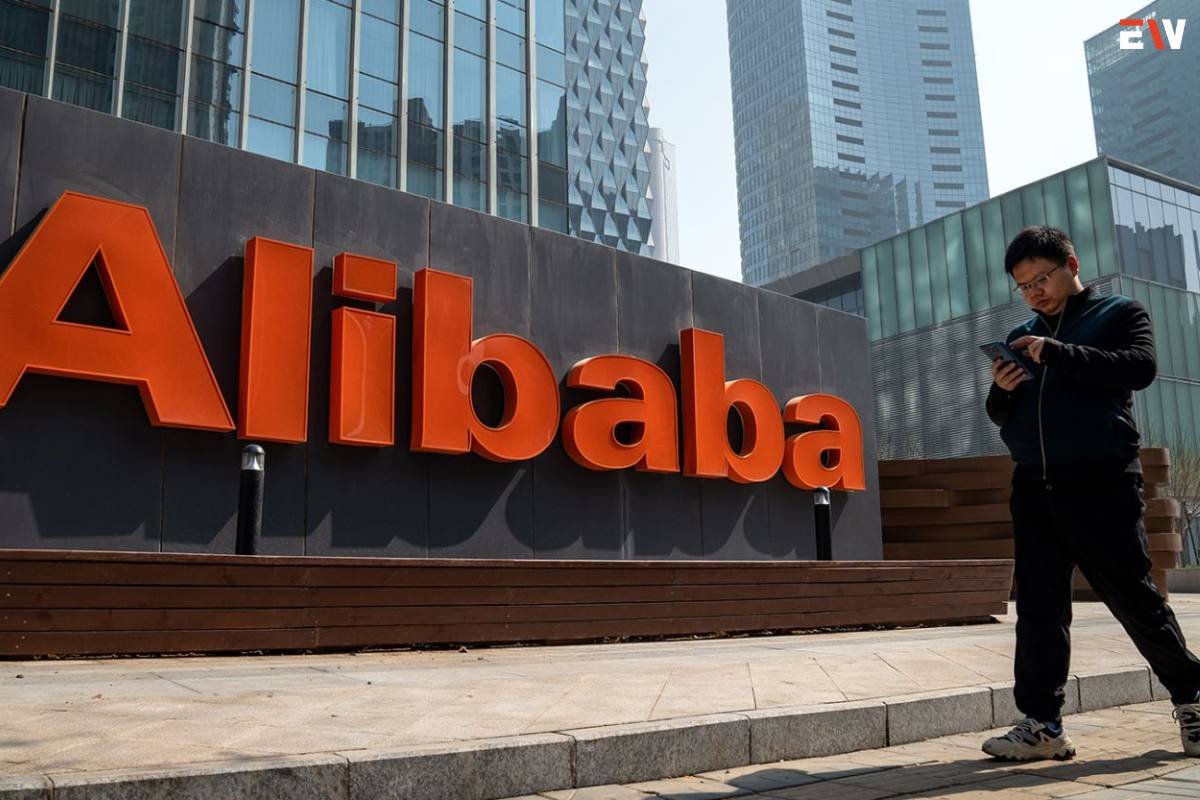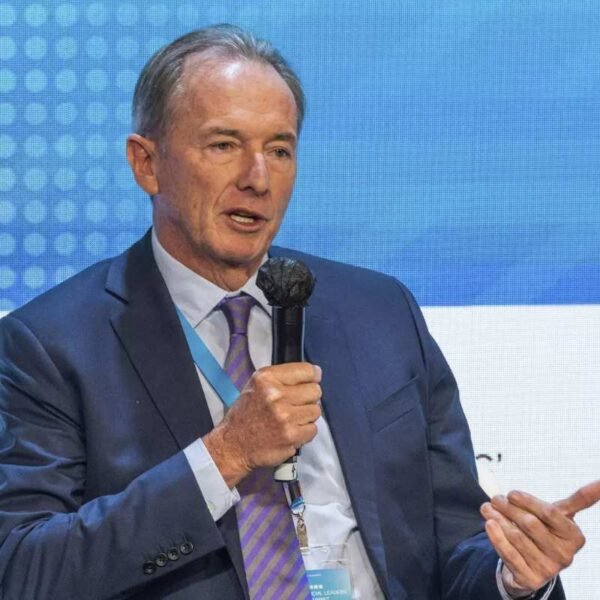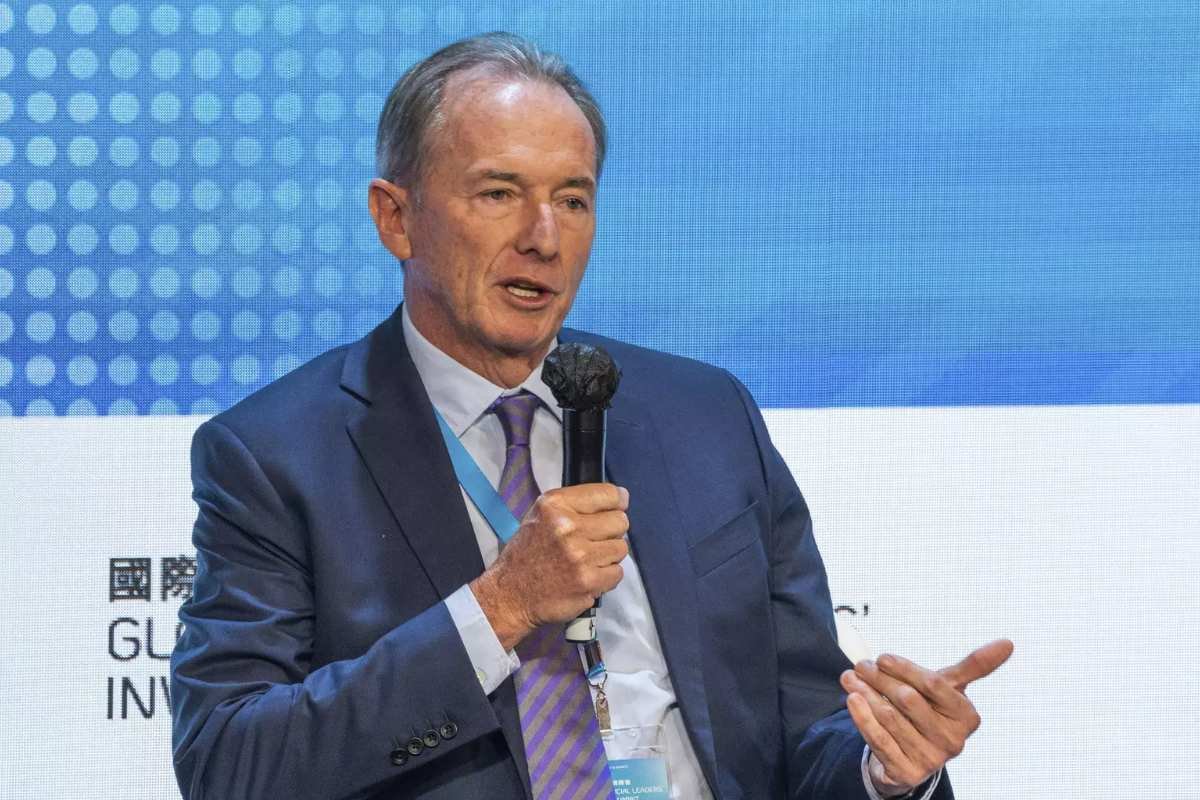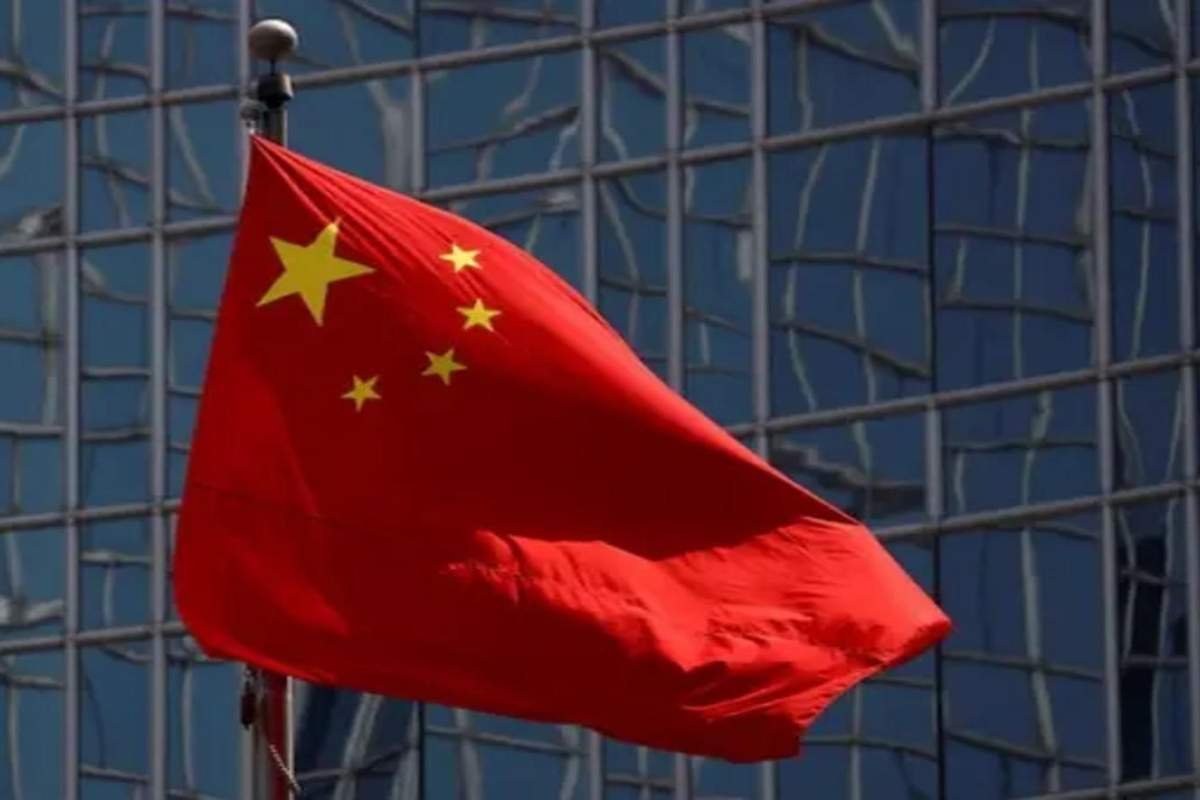source – CNN
Alibaba Group, the Chinese internet titan, has embarked on significant management changes, with CEO Eddie Wu assuming the reins of the company’s crucial e-commerce arms, Taobao and Tmall. This move sees Wu stepping in for Trudy Dai, one of Alibaba’s 18 cofounders, who is set to assist in establishing an asset management company, as revealed in an internal letter from Alibaba Group Chairman Joe Tsai, as reported by CNBC.
Leadership Shuffle at Alibaba Group
Wu’s ascension to lead Taobao and Tmall comes on the heels of his appointment as Alibaba’s CEO in September, succeeding Daniel Zhang. Since May 2023, Wu has held the position of chairman at Taobao and Tmall Group, signifying a steady rise within the company’s hierarchy.
E-commerce Challenges and Market Dynamics
Alibaba Group’s decision to revamp its leadership arrives amidst challenges for its e-commerce business. The once-dominant force in the market faces mounting competition, notably from rising contenders like Pinduoduo (PDD). PDD’s meteoric rise is evident, with its U.S.-listed shares surging over 80% this year, propelling the company’s market capitalization beyond that of Alibaba. In contrast, Alibaba, founded by Jack Ma, has witnessed a 14% drop in its shares this year.
Strategic Shifts and Market Responses
The recent decline in Alibaba’s shares was compounded by news of the company scrapping plans to list its cloud business due to U.S. restrictions on advanced chip exports to China. Earlier restructuring initiatives in March aimed to streamline operations into six units, hinting at potential individual stock listings, particularly for its cloud division.
Wu’s expanded leadership role across Alibaba’s Cloud Intelligence Group and Taobao-Tmall Group aligns with the company’s focus on core businesses, specifically cloud computing and e-commerce. Tsai’s letter emphasized the need for sustained investment and transformation through technological innovation.
Dai’s Accomplishments and Future Endeavors
Acknowledging Dai’s contributions to Taobao and Tmall, Tsai’s letter praised her accomplishments in fulfilling the company’s mission in these domains. Dai’s shift to the asset management company aims to leverage her strengths in a new capacity, allowing a fresh cohort of leaders to take the helm, armed with foundational skills and bottom-up experience.
While Tsai’s letter hinted at plans to monetize non-core assets, specifics regarding these assets, including the $67 billion in equity securities and other investments on Alibaba’s balance sheet, were not disclosed during the recent earnings call in mid-November.
Alibaba Group’s strategic realignments reflect the evolving dynamics of the market and the company’s efforts to navigate intensifying competition while fortifying its core business operations.









